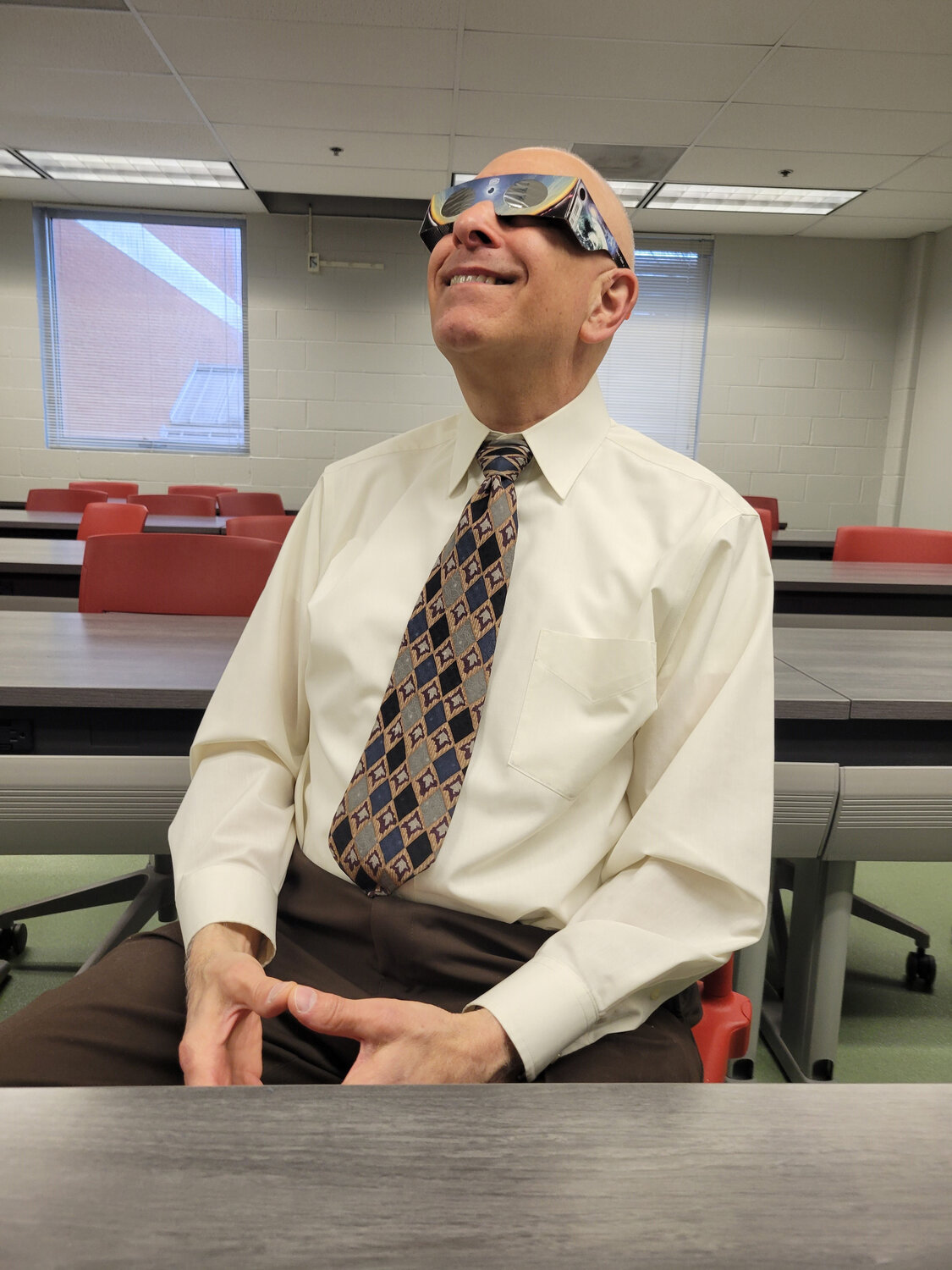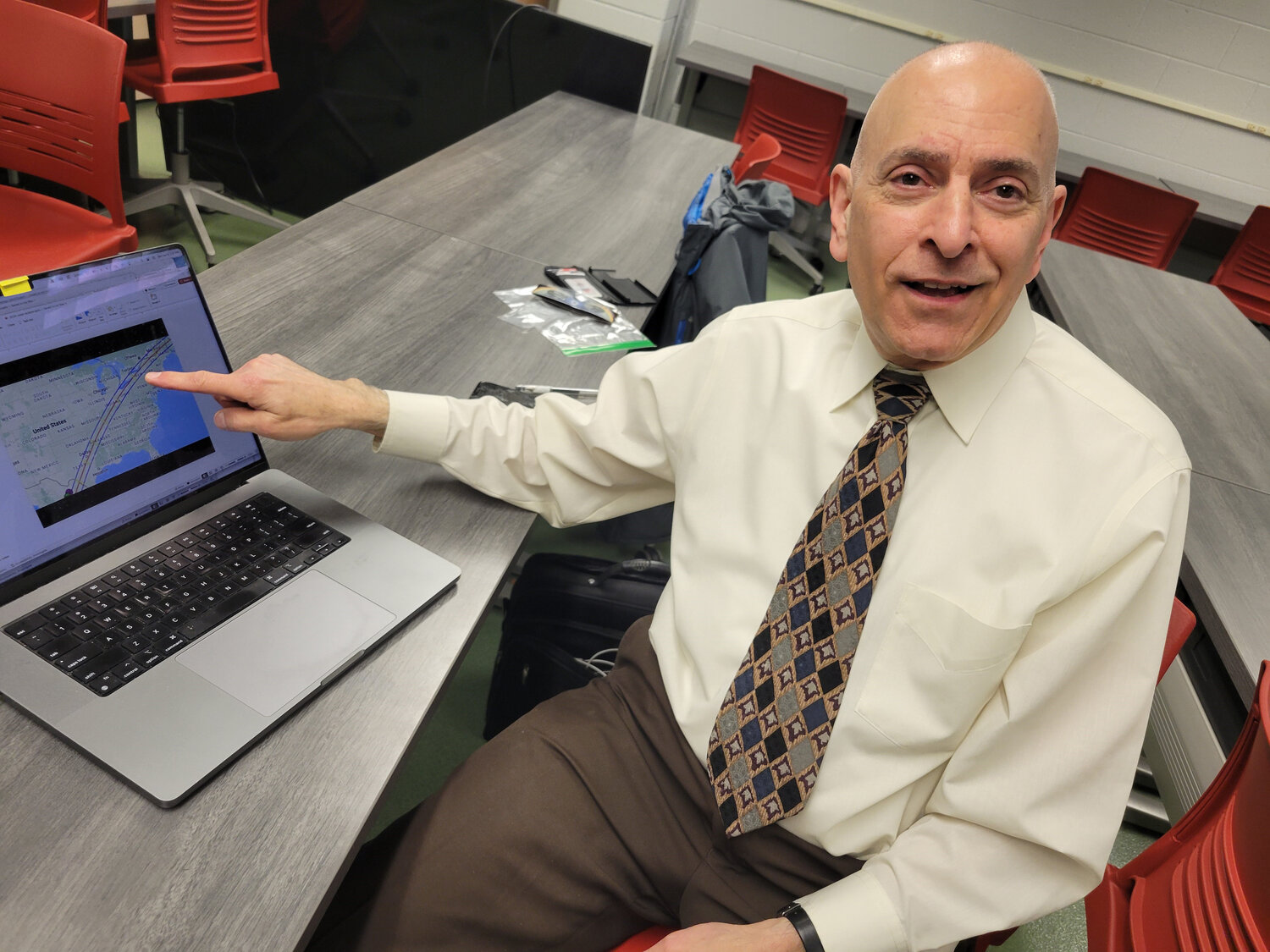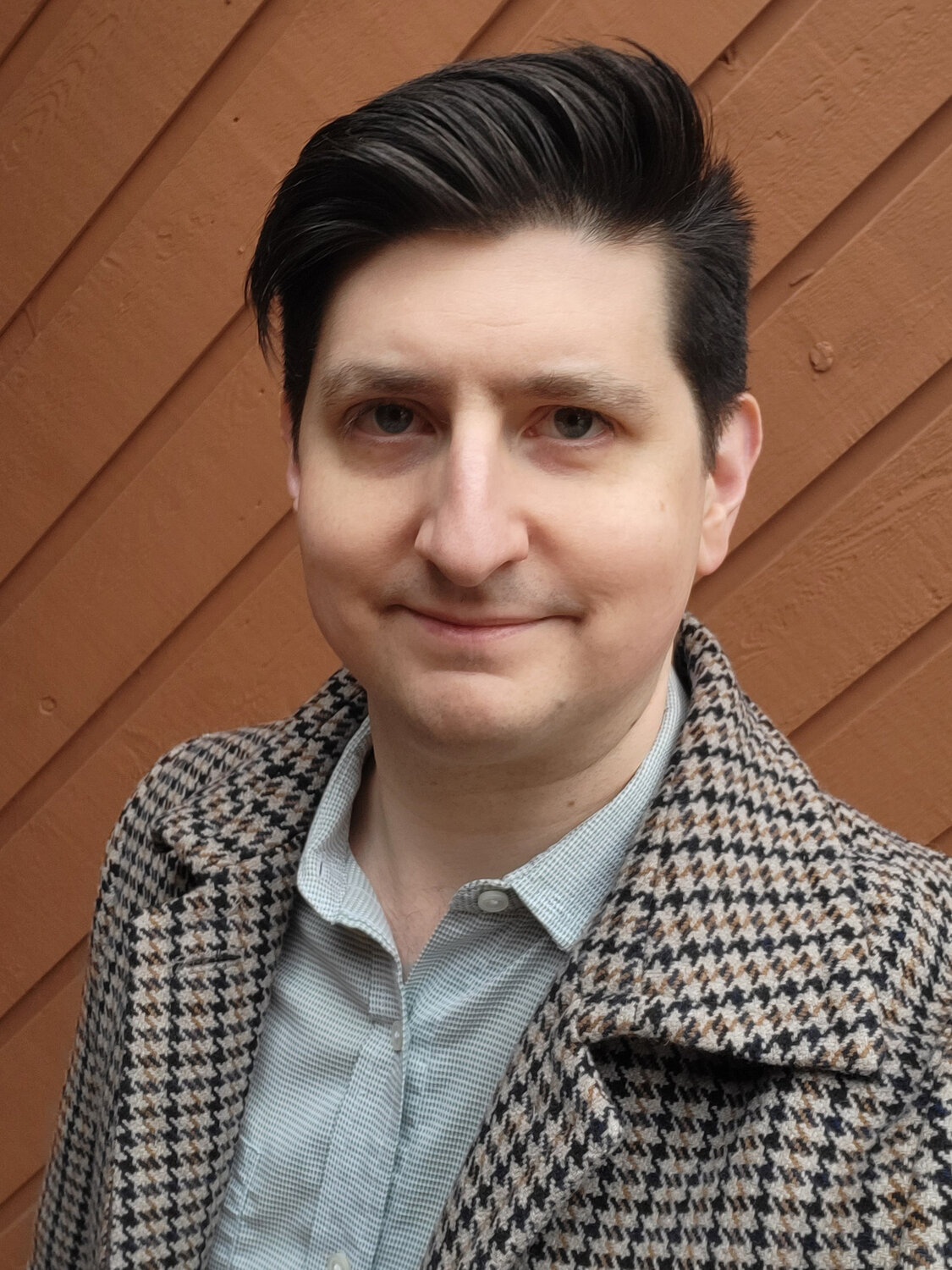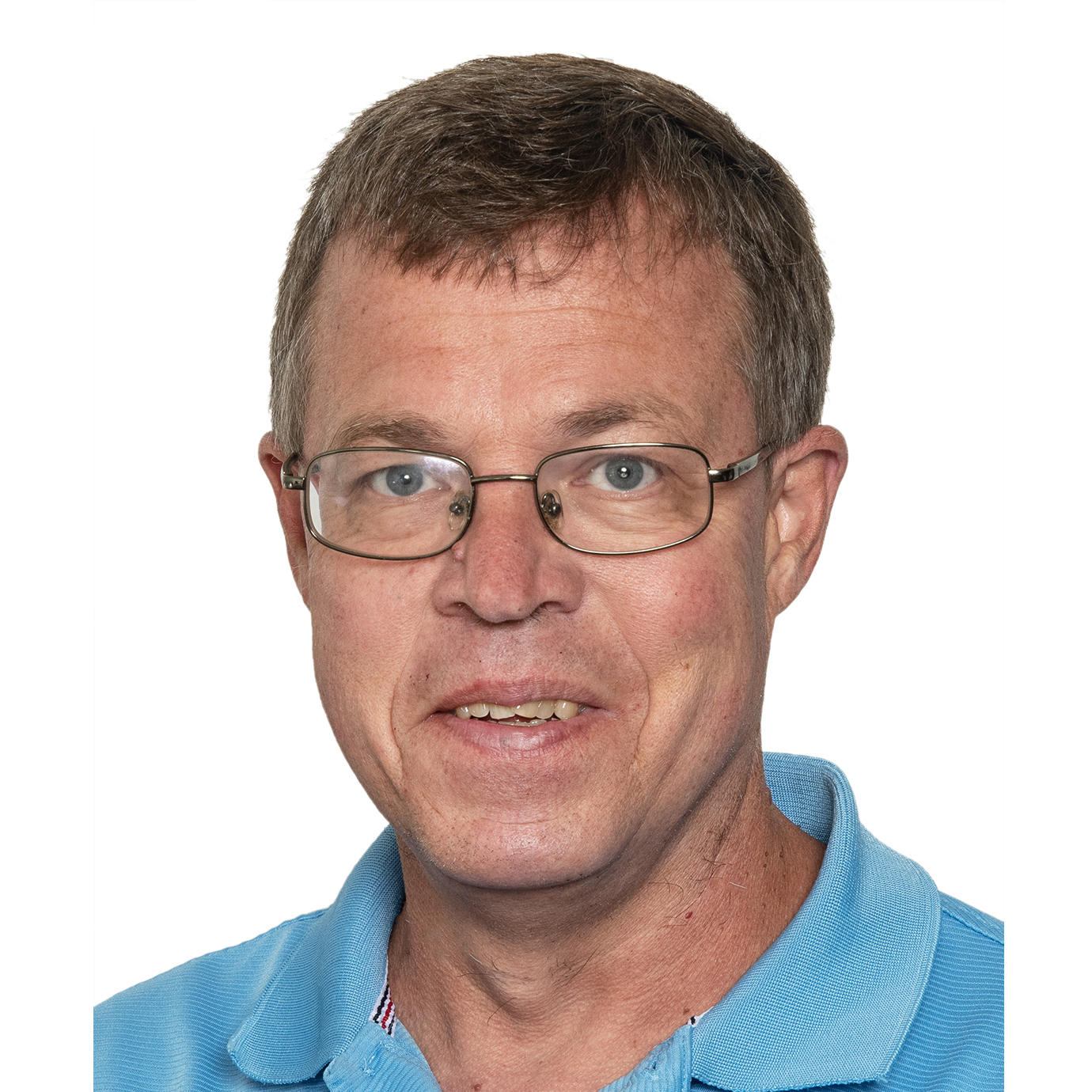Enjoy Monday's partial eclipse safely, astronomer at Delaware State University cautions
DOVER — Go ahead and enjoy watching Monday’s partial solar eclipse in the First State, an astronomer at Delaware State University said.

You must be a member to read this story.
Join our family of readers for as little as $5 per month and support local, unbiased journalism.
Already a member? Log in to continue. Otherwise, follow the link below to join.
Please log in to continueNeed an account?
|
Enjoy Monday's partial eclipse safely, astronomer at Delaware State University cautions
DOVER — Go ahead and enjoy watching Monday’s partial solar eclipse in the First State. But do it with an emphasis on safety, an astronomer at Delaware State University said.
That means wearing certified eclipse glasses to avoid eye injury when peering above, according to Dr. Matt Bobrowsky.
Shading camera lenses with the glasses to avoid damage is also recommended.
Fortunately, Dr. Bobrowsky said, “Very rarely do you hear about any eye injuries due to the eclipse.
“There’s a popular misconception that somehow the sun is more dangerous during an eclipse, that there’s particularly harmful rays coming. But that’s not true at all.
“In fact it’s actually less dangerous to look at the sun during an eclipse because part of it is covered and you’re not getting as much light or radiation,” he said.
However, according to the astronomer, “It’s never safe to look at the sun without eye protection.
“I think about it like how it’s potentially very dangerous to cross the street but everybody knows to look both ways and make sure that nothing is coming and you can cross safely.
“You should just take a similar safety-minded approach to the eclipse. Use glasses, a pinhole camera to remain safe.”
According to the Associated Press, those eager to experience the eclipse should buy eclipse glasses from a reputable vendor. Sunglasses are not protective enough, and binoculars and telescopes without a proper solar filter can magnify light from the sun, making them unsafe.
Glasses should say they comply with ISO 12312-2 standards, the AP reported, though fake suppliers can also print this language on their own.
Since counterfeit glasses abound, the AP said, consider purchasing glasses from a local science museum or order online from a seller cleared on the American Astronomical Society’s Aas.org website.
When the sun and moon do cross paths, Dr. Bobrowsky expects the eclipse to begin just after 2 p.m. in this area, peak around 3:23 p.m. and vanish completely around 4:30 p.m. At its height, perhaps 86% on the sun will be covered by the moon.
While describing a total solar eclipse as “a spectacular sight to see” Dr, Bobrowsky said the partial one in Delaware will “still be interesting.
“It’s not every day you will be able to see a crescent sun, weather permitting.”
The excitement has been building in the past few days, said Ben Maruca, University of Delaware associate professor in the department of physics and astronomy.
The event, according to Mr. Maruca, has prompted some Delawareans to plan out-of-state trips headed toward higher eclipse coverage.
Generally speaking, he said a solar eclipse — partial or full — generates great public interest because of the sun’s widespread reach. The last total eclipse occurred April 21, 2017.
“I would say there’s added excitement in this because the sun is pretty much part of every aspect of our life,” he said.
“It gives us light, it gives us all of our food directly or indirectly.
“Most of our power sources come from the sun’s energy — not only wind or solar power — but also fossil fuels, which come from things that were once alive living off of the sun’s energy.
“So this is a truly universal event.”
Members and subscribers make this story possible.
You can help support non-partisan, community journalism.
Other items that may interest you




 By
By 



